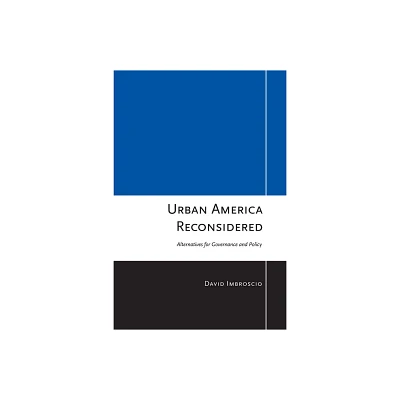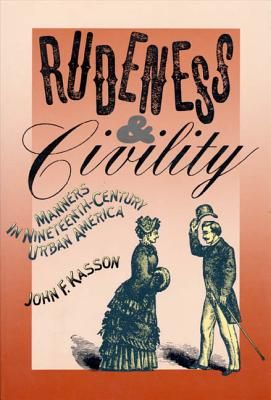Home
Black Citymakers: How The Philadelphia Negro Changed Urban America
Loading Inventory...
Barnes and Noble
Black Citymakers: How The Philadelphia Negro Changed Urban America
Current price: $38.99


Barnes and Noble
Black Citymakers: How The Philadelphia Negro Changed Urban America
Current price: $38.99
Loading Inventory...
Size: OS
*Product Information may vary - to confirm product availability, pricing, and additional information please contact Barnes and Noble
W.E.B. DuBois immortalized Philadelphia's Black Seventh Ward neighborhood, one of America's oldest urban black communities, in his 1899 sociological study The Philadelphia Negro. In the century after DuBois's study, however, the district has been transformed into a largely white upper middle class neighborhood.
Black Citymakers
revisits the Black Seventh Ward, documenting a century of banking and tenement collapses, housing activism, black-led anti-urban renewal mobilization, and post-Civil Rights political change from the perspective of the Black Seventh Warders. Drawing on historical, political, and sociological research, Marcus Hunter argues that black Philadelphians were by no means mere casualties of the large scale social and political changes that altered urban dynamics across the nation after World War II. Instead, Hunter shows that black Americans framed their own understandings of urban social change, forging dynamic inter- and intra-racial alliances that allowed them to shape their own migration from the old Black Seventh Ward to emergent black urban enclaves throughout Philadelphia. These Philadelphians were not victims forced from their homes - they were citymakers and agents of urban change.
explores a century of socioeconomic, cultural, and political history in the Black Seventh Ward, creating a new understanding of the political agency of black residents, leaders and activists in twentieth century urban change.
Black Citymakers
revisits the Black Seventh Ward, documenting a century of banking and tenement collapses, housing activism, black-led anti-urban renewal mobilization, and post-Civil Rights political change from the perspective of the Black Seventh Warders. Drawing on historical, political, and sociological research, Marcus Hunter argues that black Philadelphians were by no means mere casualties of the large scale social and political changes that altered urban dynamics across the nation after World War II. Instead, Hunter shows that black Americans framed their own understandings of urban social change, forging dynamic inter- and intra-racial alliances that allowed them to shape their own migration from the old Black Seventh Ward to emergent black urban enclaves throughout Philadelphia. These Philadelphians were not victims forced from their homes - they were citymakers and agents of urban change.
explores a century of socioeconomic, cultural, and political history in the Black Seventh Ward, creating a new understanding of the political agency of black residents, leaders and activists in twentieth century urban change.


















